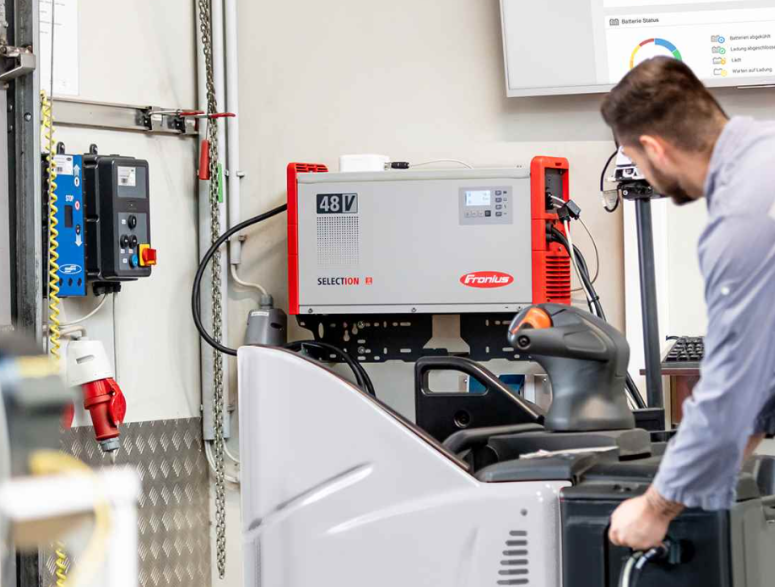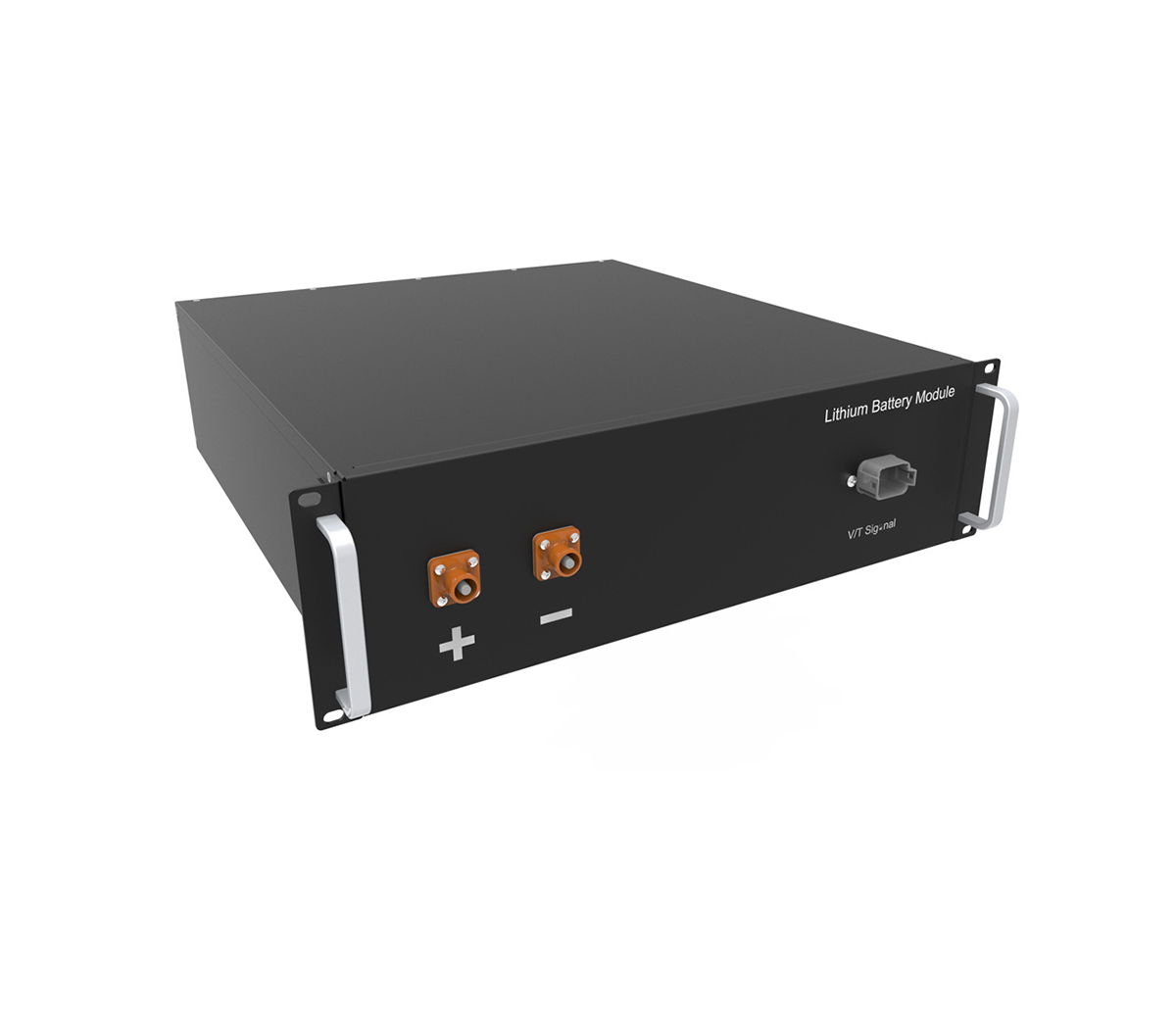The difference and development of lead-acid batteries and lithium batteries
for electric forklifts
Forklift is an indispensable tool in the logistics industry, and its power
has also undergone the development process from chemical fuel to chemical
electricity, among which lead-acid batteries are the first choice for forklift
power in recent decades. However, with the development of the times and the
requirements of environmental protection, lithium batteries have gradually
eroded the share of lead-acid batteries in electric forklifts. As a senior
customized lithium battery manufacturer, SES Power has long used lithium iron
phosphate batteries that can perfectly replace lead-acid batteries to customize
electric forklift batteries. At the same time, we have launched a matching BMS
with intelligent communication and support for fast charging. But it is
undeniable that lead-acid batteries still dominate the electric forklift
industry. So, what is the difference between lead-acid batteries and lithium
batteries in electric forklifts, the following is an explanation for you by a
senior engineer from SES Power.

A: Background of the electric forklift industry
The global stock of electric forklifts is estimated to be about 30 million
units. In this industrial vehicle segment, traditional lead-acid batteries,
lithium-ion batteries, hydrogen energy batteries, and the recent emergence of
new iron-nickel batteries are changing the form of electric forklift batteries.
Push towards diversification.
According to industry data, the growth rate of lithium batteries is growing
at a rate of more than 100%, and most of them are in small pallet trucks. The
growth rate of lead-acid batteries is mainly concentrated in medium-sized
forklifts, and the growth rate is more than 15%.
At present, the general view in the entire market is that lithium batteries
will become the main battery form for future industrial vehicles, because the
actual use cost of lithium batteries is already lower than that of traditional
lead-acid batteries, which has attracted the attention of many users. SES Power
needs to explain on this point that lithium iron phosphate batteries of the same
specification are still about three times the price of lead-acid batteries, but
considering the tariffs caused by environmental protection requirements, the
life of lithium iron phosphate batteries is longer than that of lead-acid
batteries. More than 5 times, the recycling value of lead-acid batteries, etc.,
the annual cost of using lithium batteries for electric forklifts is actually
lower than that of lead-acid batteries.
Due to the safety and quality stability of lithium-ion batteries,
fluctuations in the lithium battery market, and differences in the mainstream
judgment of lithium batteries and hydrogen energy in the entire energy market,
there are still some uncertainties for the application of lithium batteries in
electric forklifts.
B: The future and technical defects of lithium batteries:
Advantages: long enough cycle life, lithium iron phosphate battery life of
up to 4000 weeks, support for fast charging, small size, clean and no leakage,
can expand RS485, CAN, WLAN and other protocols to achieve online communication
and remote monitoring.
Disadvantages: Lithium batteries have certain safety hazards, the initial
price is high, and a matching lithium battery fast charger is required. Light
weight, some electric forklift models require suitable counterweights.
C: The future and technical defects of lead-acid batteries:
Advantages: stable quality, mature technology, predictable risks, stable
supply of raw materials, high residual value of recycled materials and easy
handling
Disadvantages: no fast charging, no intelligent monitoring, need for backup
batteries, heavy metal pollution, short service life, cumbersome
maintenance.
D: The meaning of environmental protection:
The new energy road of the automobile industry is to replace chemical fuels
with chemical batteries to achieve the goal of environmental protection.
Therefore, the emphasis is on lithium-ion batteries with high energy density,
and the electrification of forklifts has been a long-term thing for nearly a
hundred years. The electrification process, in the early days, was more about
the conversion of chemical fuels to lead-acid batteries. Because this process is
long enough, it also leads to a certain inertia in the industry. For a long
time, lead-acid batteries should still be the main battery type of forklift
trucks, but lead-acid batteries will pollute the environment, and now we have
more and more stringent requirements for environmental protection, some
countries even plan to completely ban lead-acid batteries, which is a clear
signal.
E: The technology of the charger:
The technology of lead-acid batteries has existed for a hundred years, and
it is mature in terms of usage scenarios and technologies, and it is a product
with a very stable industrial chain. A closed loop is formed from the
environmental protection control at the manufacturing end and the link of scrap
recycling and reuse. Due to the development of digitalization and intelligence,
the charging technology applied to lead-acid batteries has been improved by new
technologies.
However, because lead-acid batteries cannot provide more detailed
parameters in nature, the development direction of lead-acid chargers is mainly:
high frequency, adjustment of charging parameters, automatic sulfur removal or
no sulfurization.
Lithium battery charger can do: can communicate with the communication
protocol of pack's BMS, realize visual interface, precision, wireless
communication, unmanned intelligent management, etc.
SES Power believes that lithium batteries, especially lithium iron
phosphate batteries, will definitely occupy a dominant position in the future
wave of electric forklift development, and lead-acid batteries will gradually
withdraw from this industry, just as lithium batteries gradually replaced
nickel-metal hydride batteries in mobile phones 20 years ago. the same position
as above.



































